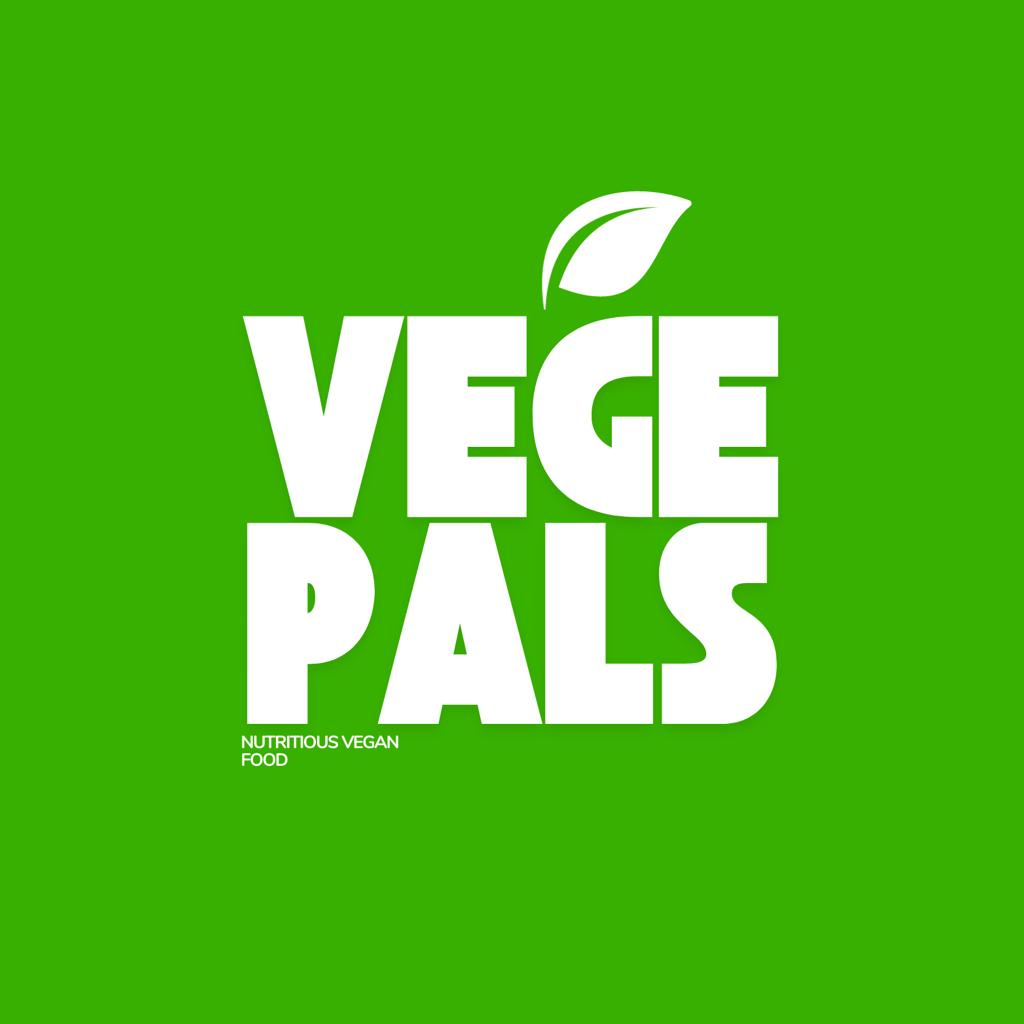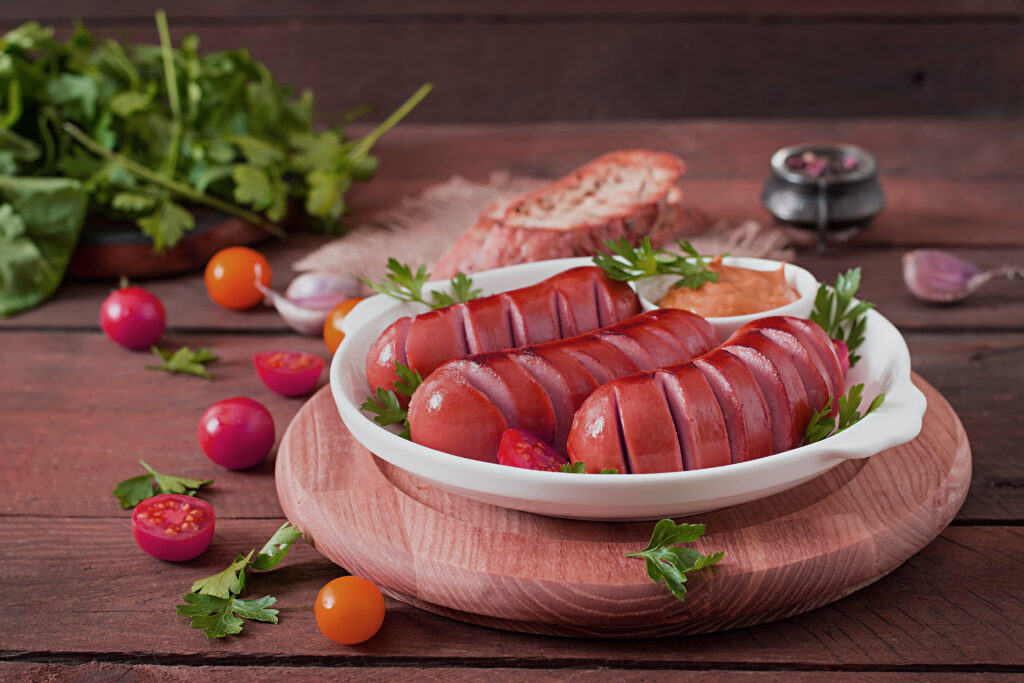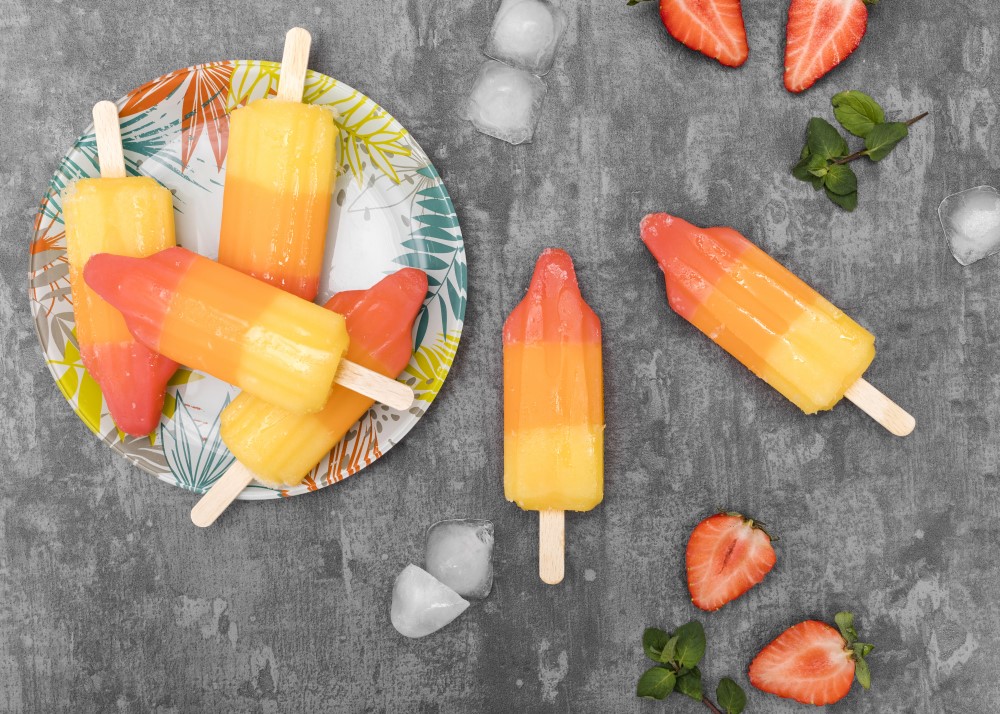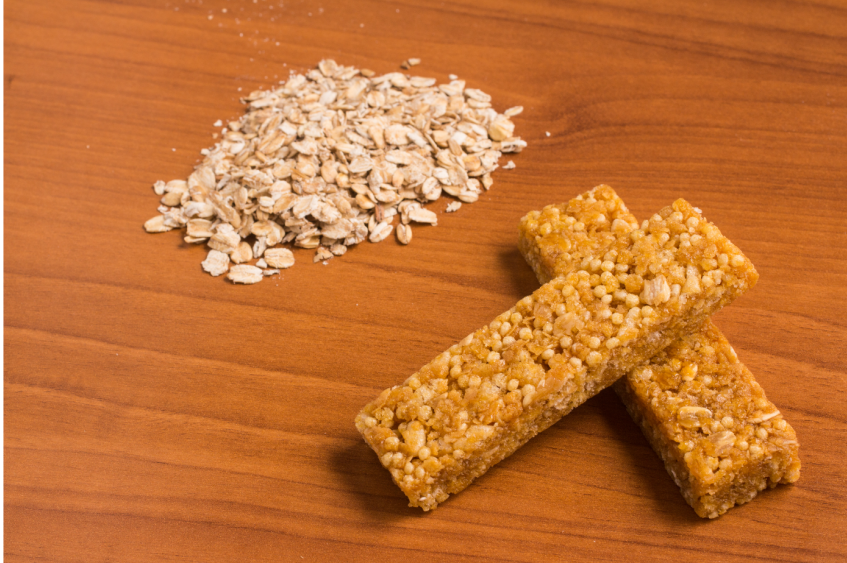Introduction
In the world of food creativity, veganism is a game-changer, reshaping how we think about meals and nutrition. The rising interest in animal rights, environmental care, and personal wellbeing is prompting more individuals to choose plant-derived options, going beyond just tofu and tempeh. This move has pushed veganism into everyday life, touching different parts, including the sausage industry.
The Rise of Veganism
There’s a rise in veganism. This is due to several reasons such as:
• Care for Animals: People are troubled by how animals are treated in regular meat production. This makes many decide to follow the vegan way of life.
• Environmental Impact: Animal agriculture is a significant contributor to greenhouse gas emissions, deforestation, and water pollution. Embracing veganism can lessen one’s environmental footprint.
• Health Benefits: Eating only plants can make you healthier. It may lower your chances of getting heart disease, diabetes type 2, and some forms of cancer.

The Necessity of Vegan Alternatives
Vegan sausage casing play a pivotal role in satisfying the growing demand for meat-free alternatives. Traditional sausage casings, typically derived from animal intestines, are incompatible with vegan principles and dietary preferences. Vegan casings, crafted from plant-based materials, provide a viable solution, enabling the creation of delectable vegan sausages that align with ethical and culinary expectations.
Understanding Vegan Sausage Casing
Vegan sausage skins are safe to eat holders that keep sausage contents safe, give shape and stay firm while cooking. Generally, they’re made from plants, like cellulose, alginate, collagen, and veggies components.
Traditional Sausage Casings vs. Vegan Sausage Casings
Traditional sausage casings, derived from animal intestines, offer a natural skin-like texture and permeability, allowing smoke and flavors to penetrate the sausage filling. Be that as it may, they are not reasonable for vegetarian eats less carbs. Vegan sausage casings, crafted from plant-based materials, provide a viable alternative. They offer a few benefits over conventional housings:
• Ethical Considerations: Vegan casings adhere to vegan principles, avoiding the use of animal products.
• Allergen-Friendly: Vegan casings are typically free from common allergens, such as gluten and dairy, making them suitable for individuals with dietary restrictions.
• Sustainability: Vegan casings often have a lower environmental impact compared to traditional casings.
The Importance of Casing in Sausage Making
Sausage casings play a crucial role in the sausage-making process, serving several vital purposes: • Shape and Structure: Casings provide a mold for the sausage filling, ensuring a consistent shape and size.
• Cooking Uniformity: Casings facilitate even heat distribution during cooking, preventing the sausage from bursting or drying out.
• Texture and Bite: Casings contribute to the overall texture of the sausage, providing a satisfying bite and preventing the filling from becoming mushy or crumbly.
Types of Vegan Sausage Casings
The world of vegan sausage casings offers a diverse range of options, each with unique properties and applications. These plant-based alternatives provide the structural integrity and shape needed for perfect sausages, catering to a variety of culinary needs and preferences.
Cellulose Casings
Plant-based cellulose casings are strong, can stand heat, and you can see through them. They’re perfect for all kinds of sausages, both fresh and smoked. Their tough build lets flavors and smoke seep into the meat.
Advantages of Cellulose Casings:
• Exceptional strength and heat resistance • Appropriate for both new and smoked wieners • Transparent, allowing for visual appeal • Permeable to smoke and flavors
Alginate Casings
Alginate casings, composed of alginate, a natural compound extracted from seaweed, offer a delicate, skin-like texture. They are ideal for boiling, poaching, and grilling, providing a gentle yet effective casing for delicate fillings.
Advantages of Alginate Casings:
• Delicate, skin-like texture • Suitable for boiling, poaching, and grilling • Permeable to flavors • Easy to peel off

Collagen Casings
Plant-based collagen casings are a great alternative to traditional animal casings. Coming from collagen, a protein in connective tissues, they closely imitate their animal-based counterparts. They’re loved for producing vegan sausages that provide a natural bite and snap. That’s how they achieve a similar texture to meat sausages.
Advantages of Collagen Casings:
• Natural bite and snap • Resembles traditional animal casings • Suitable for various cooking methods • Easy to handle and stuff
Vegetable-Based Casings
Vegetable-based casings, crafted from a blend of plant-based materials, such as starch, cellulose, and vegetable waxes, offer versatility and suitability for various cooking methods. They often enhance flavor absorption, adding a rich depth to the sausage filling.
Advantages of Vegetable-Based Casings:
• Versatile and suitable for various cooking methods • Enhance flavor absorption • Easy to handle and stuff • Often compostable
With such a diverse range of vegan sausage casings available, culinary enthusiasts can explore a world of possibilities, crafting delectable vegan sausages that cater to a variety of tastes and preferences.
The Science Behind Vegan Casings
The science behind vegan sausage casings lies in the remarkable properties of plant-based materials that mimic the characteristics of traditional animal casings. These innovative casings are not only ethically sound and environmentally friendly but also offer exceptional performance in sausage making.
Cellulose: A Plant-Based Wonder
Cellulose is the main part of plant cells. It’s a natural sugar chain known for being strong and bendy. When used to make sausage casings, its strength and flexibility stay, giving sausages a solid shape.
Cellulose Casings: Structure and Strength Cellulose molecules are tightly packed together through hydrogen bonding, forming strong fibers that resist tearing and bursting. This inherent strength makes cellulose casings ideal for both fresh and smoked sausages, ensuring the sausages retain their shape and integrity during cooking.
Cellulose Casings: Transparency and Flavor Penetration
Cellulose casings are naturally transparent, allowing sausage fillings to be visible through the casing. This transparency not only enhances the visual appeal of sausages but also allows smoke and flavors to penetrate the filling, imparting a rich and complex taste.
Alginate: Derived from Algae
Alginate, a substance taken from seaweed, is a flexible element that creates a jelly-like texture once it’s mixed with calcium ions. This jelly-like trait sets alginate coverings apart, making them top options for boiling, poaching, and grilling.
Alginate Casings: Delicate Texture and Flavor Absorption
Alginate casings offer a delicate, skin-like texture that is gentle on the palate. Their gel-like nature allows them to retain moisture, preventing sausages from drying out during cooking. Additionally, alginate casings are permeable to flavors, allowing the sausage filling to be infused with a variety of aromatic ingredients.
Alginate Casings: Easy Peeling and Versatility
Alginate casings are easy to peel off after cooking, revealing the perfectly cooked sausage within. Their versatility extends beyond boiling, poaching, and grilling; they can also be used for baking and air frying, making them a suitable choice for a wide range of culinary creations.
Collagen: Not Just for Meat
Collagen isn’t only from animals. You can find it in plants too. Like soy or wheat. It’s a protein that lives in tissues that connect parts of your body together. And guess what? It looks and feels a lot like the animal version.
Plant-Based Collagen Casings: Natural Bite and Snap
Plant-based collagen casings provide a natural bite and snap that mimics the texture of traditional animal casings. This makes them a popular choice for vegan sausages that seek to replicate the mouth-feel of meat-based sausages.
Plant-Based Collagen Casings: Versatility and Performance
Plant-based collagen casings are suitable for various cooking methods, including grilling, frying, and baking. They offer excellent heat resistance and prevent sausages from bursting or drying out during cooking.
Vegetable-Based Casings: A Natural Choice
Vegetable-based casings are crafted from a blend of plant-based materials, such as starch, cellulose, and vegetable waxes. They offer versatility, suitability for various cooking methods, and often enhance flavor absorption.
Vegetable-Based Casings: Adaptability and Flavor Enhancement
The combination of plant-based materials in vegetable casings allows them to adapt to different cooking methods and sausage types. They can be used for fresh, smoked, or cooked sausages, and their unique blend of materials often enhances flavor absorption, adding a rich depth to the sausage filling.
Vegetable-Based Casings: Sustainability and Composting
Vegetable-based casings are often made from sustainable and renewable resources, aligning with the eco-conscious principles of veganism. Additionally, many vegetable-based casings are compostable, reducing their environmental impact.
The science behind vegan sausage casings is a testament to the ingenuity of food scientists and the remarkable versatility of plant-based materials. These innovative casings provide ethical, environmentally friendly, and high-performance alternatives to traditional animal casings, opening up new culinary possibilities for those seeking plant-based alternatives without compromising on taste or texture.
Conclusion: Embracing Vegan Sausage Casings
As the world embraces plant-based alternatives, vegan sausage casings stand as a testament to culinary innovation and ethical food choices. These innovative casings provide a sustainable, ethical, and allergen-friendly solution for crafting delectable sausages that satisfy both taste buds and consciences.
Vegan sausage casings offer a diverse range of properties, from the strength and transparency of cellulose casings to the delicate texture and versatility of alginate casings. Collagen casings provide a natural bite and snap that mimics traditional animal casings, while vegetable-based casings offer adaptability, flavor enhancement, and sustainability.
Embracing vegan sausage casings opens up a world of culinary possibilities, allowing individuals to enjoy the satisfying textures and flavors of sausages without compromising their values. There are countless sausage types, from traditional bratwurst to zesty Italian and breakfast variations.
Due to a thriving interest in plant-based foods, vegan sausage casings are on the rise. Steady creativity will result in more adaptable, environmentally friendly, and taste-improving casings. This will continue to expand vegan sausages’ food scene.
FAQs
What are vegan sausage casings made of?
Vegan sausage casings are crafted from plant-derived things like cellulose, alginate, collagen, and vegetable waxes. These items give the sausages the right form and strength which suits different cooking desires and tastes.
Can vegan sausages match the taste and texture of meat-based sausages?
Indeed, vegan sausages can offer a similar flavor and feel to meat sausages. By carefully choosing the elements and how you cook, vegan sausages can match meat ones.
Are vegan casings more sustainable than traditional casings?
Yes, vegan casings are generally more sustainable than traditional casings derived from animal intestines. Plant-based materials have a lower environmental impact, reducing greenhouse gas emissions, deforestation, and water pollution.
How do I store vegan sausage casings?
Most vegan sausage casings should be stored in a cool, dry place, such as a pantry or cupboard. Some casings may require refrigeration. Always check the manufacturer’s instructions for specific storage guidelines.
Where can I buy vegan sausage casings?
Vegan sausage casings are becoming increasingly available in grocery stores, specialty food shops, and online retailers. Check the natural or international food aisles of your local grocery store, or search for online vendors specializing in plant-based cooking supplies.




